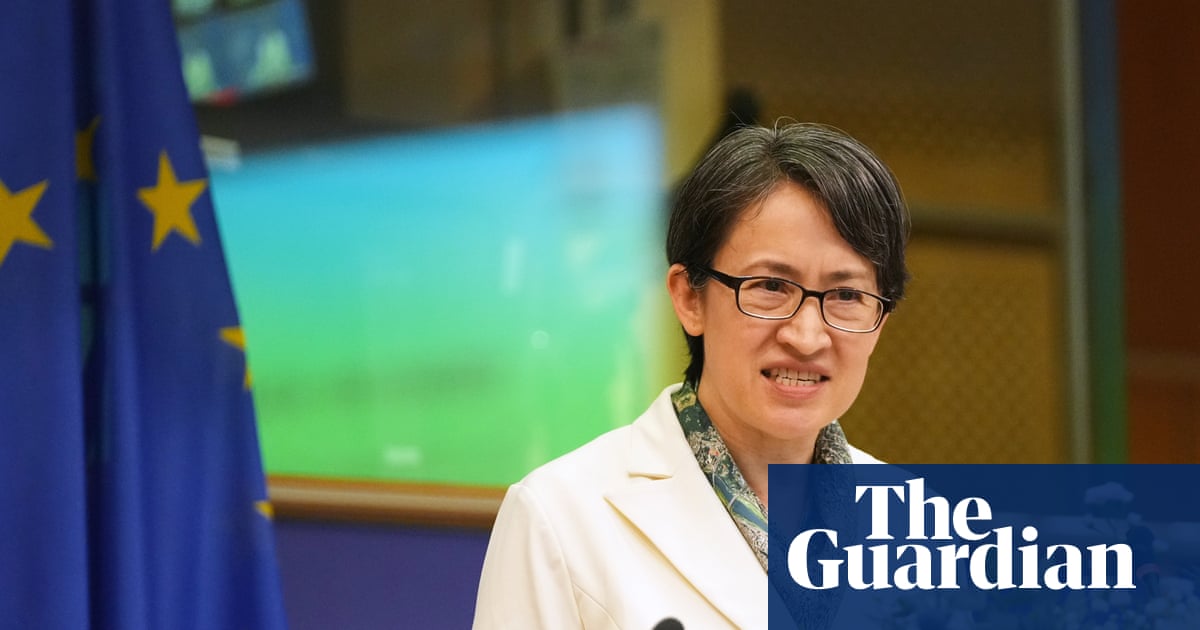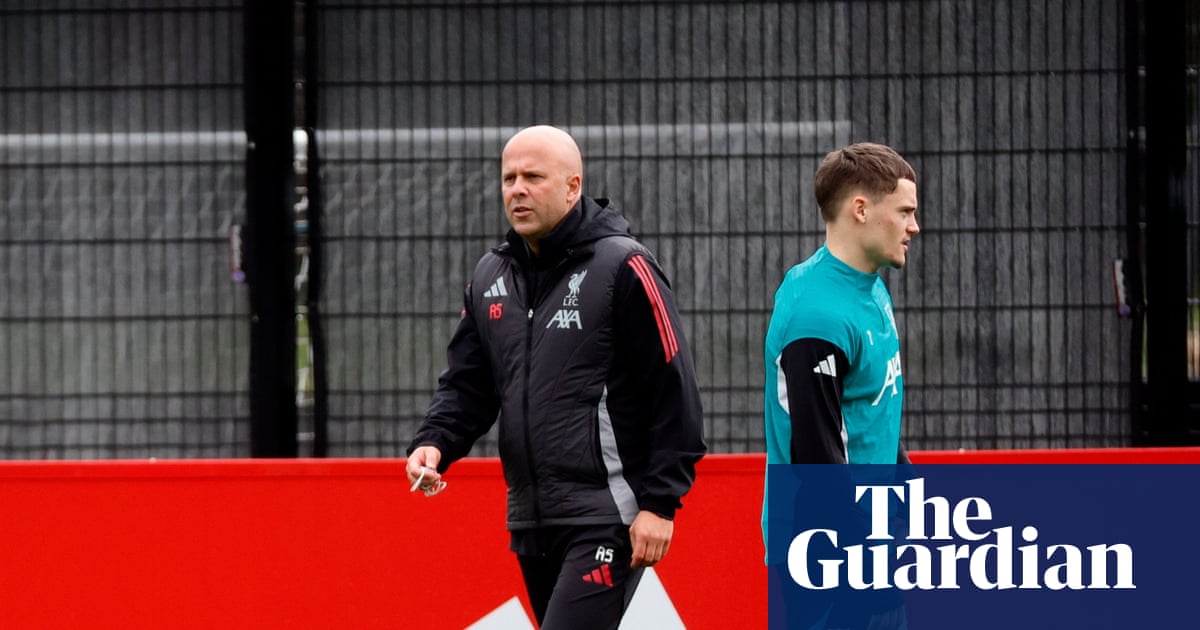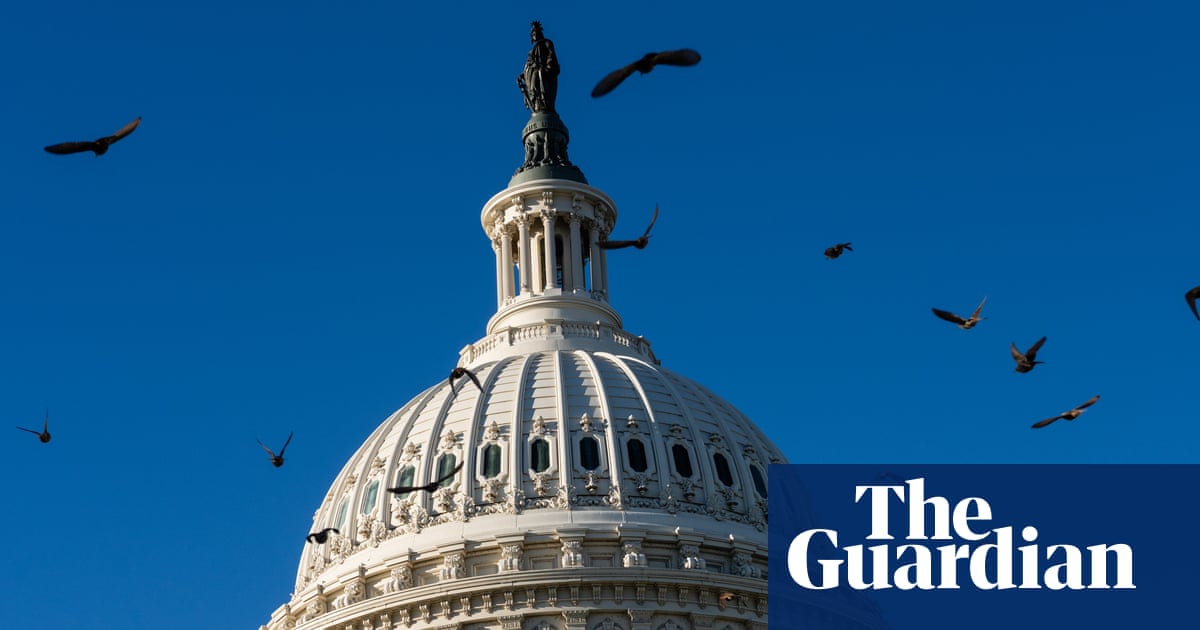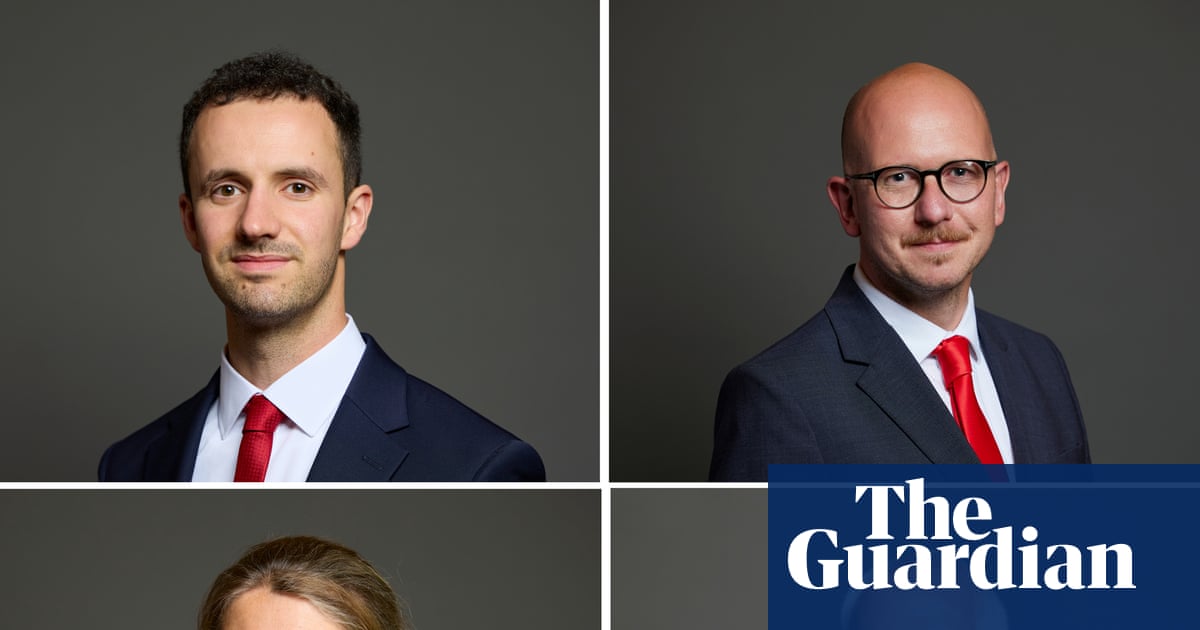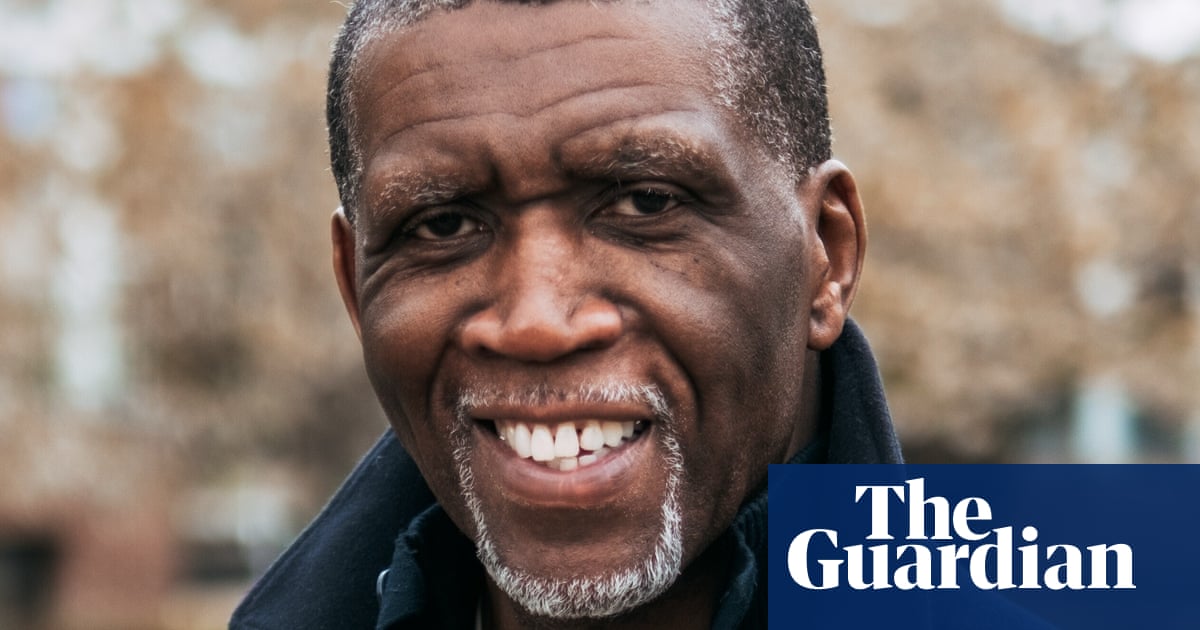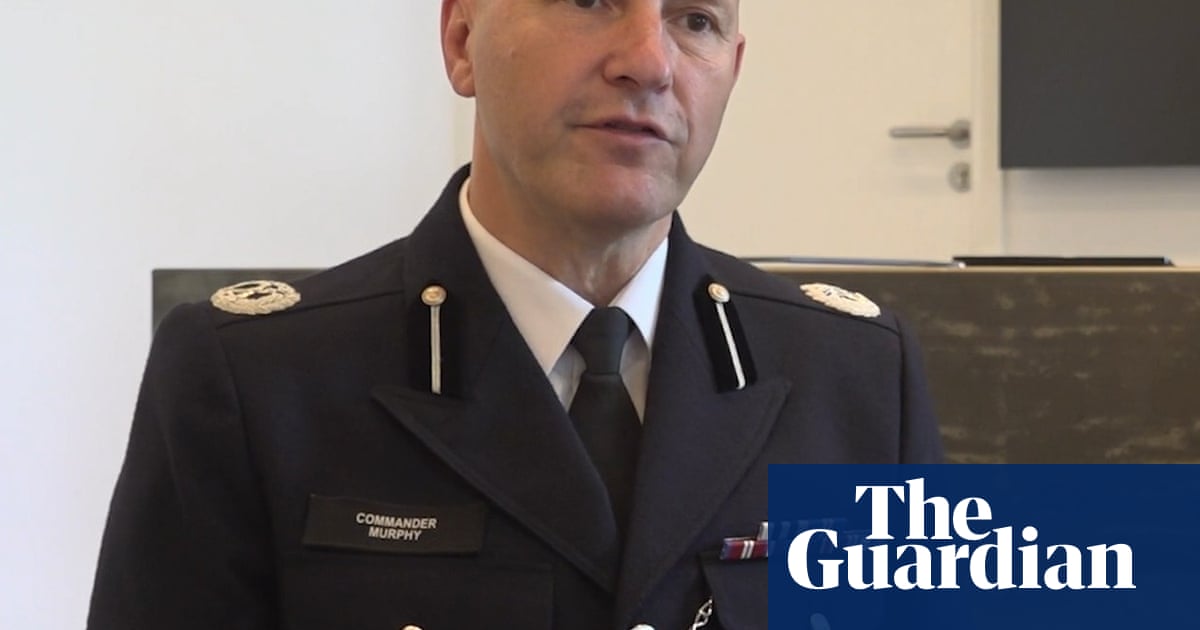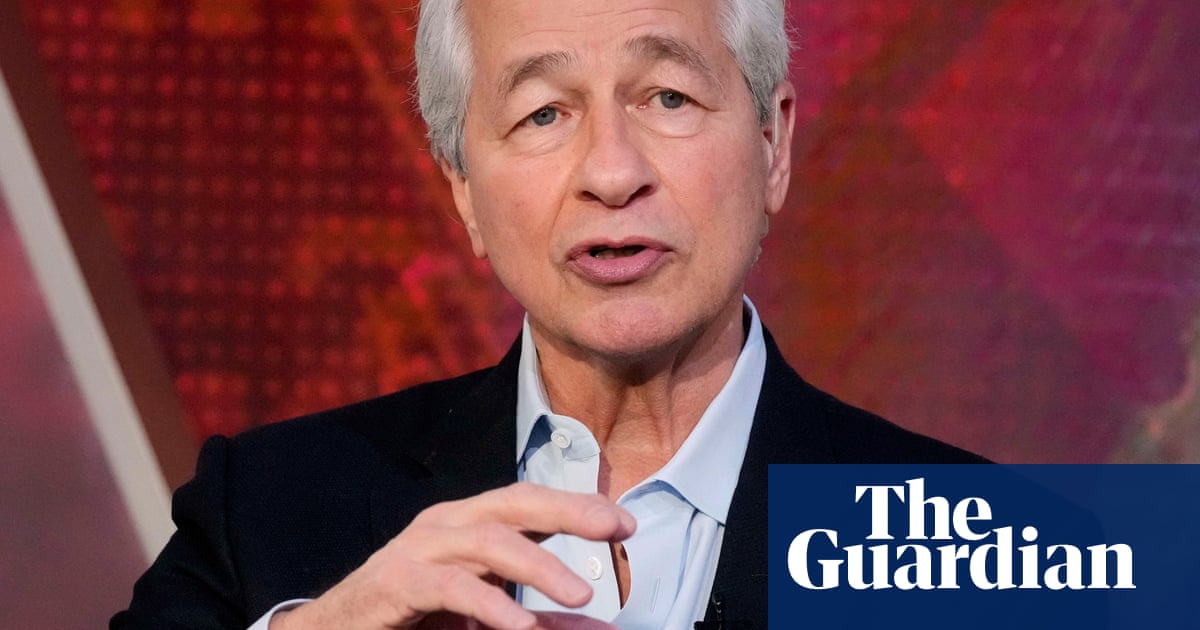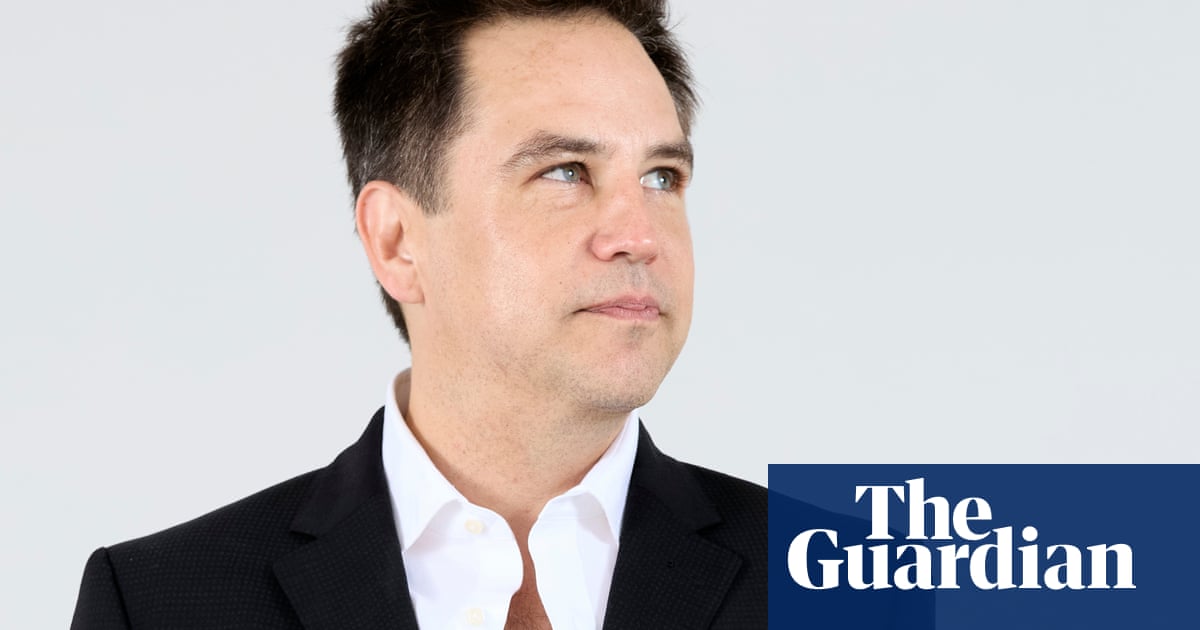The children’s writer Michael Rosen, one-time political strategist Alastair Campbell and former education secretaries Charles Clarke and Estelle Morris have urged the prime minister to honour his pre-election pledge to embed speaking skills in England’s schools.
They are among 60 signatories to an open letter to Keir Starmer, calling on him to establish oracy as a core part of Labour’s revised national curriculum and make it the fourth ‘R’ in education, alongside reading, writing and arithmetic.
Supporters were delighted when Labour announced in 2023 that teaching oracy – often defined as developing skill in using spoken language – would be a central part of Labour’s educational priorities if it won the next election.
However, campaigners say it was not mentioned in the interim report of the government’s curriculum and assessment review earlier this year, leading to fears oracy may have slipped down the educational agenda. The full report is due later this year.
The letter, organised by Voice 21, the UK’s leading oracy education charity, said: “Two years ago you pledged that under your Labour government, every child would be supported to develop essential oracy skills – as part of the mission to ensure all young people are prepared for work and ready for life.
“We urge you to turn that promise into lasting change. In a world shaped by rapid advances in artificial intelligence, deepening social divides and persistent inequality, the skills of speaking, listening and communication have never been more urgently needed.”
Rosen, who is a professor of children’s literature at Goldsmiths, University of London, said: “The backbone of language is our talk. It’s the everyday way we make and change relationships, share the events of our lives, hear about other people’s lives.
“It’s where we forge our identities and culture, it’s where and how we get a good deal of our understanding of what matters. We can learn and develop how to be better talkers and listeners.
“School is a perfect time for us to do that. This needs time and space and sensitive help from teachers. I hope this government backs an oracy programme in education.”
Campbell, now a mental health campaigner and author, added: “It’s time every child had the chance to develop their oracy skills – it’s key not just to confidence and deeper thinking but also for countering the rise in polarisation. Labour should make sure its curriculum review has a proper commitment to oracy.”
Other signatories to the letter include author and educator Jeffrey Boakye, Nick Harrison, chief executive of the Sutton Trust, which champions social mobility, and Rupert Knight, associate professor in education at the University of Nottingham.
Kate Paradine, Voice 21’s chief executive, said: “Sir Keir Starmer has acknowledged the importance of oracy and the need to embed it in the national curriculum. We are now urging the government to deliver on its manifesto commitment so that every child can benefit from a high-quality oracy education.”
A Department for Education spokesperson said the government’s plan for change would ensure every young person, irrespective of background, develops the skills needed to succeed in work and life, including in speaking and listening.
“We’re already investing in evidence-based language interventions in the early years, including Nuffield Early Language Intervention, to support children’s speech and language development and have strengthened our teacher training framework to place greater emphasis on high quality oral language.
“We will also consider how best to ensure pupils can communicate fluently and confidently as part of a cutting-edge curriculum, with final recommendations from the independent review due to be published in the autumn.”

.png) 3 months ago
32
3 months ago
32
